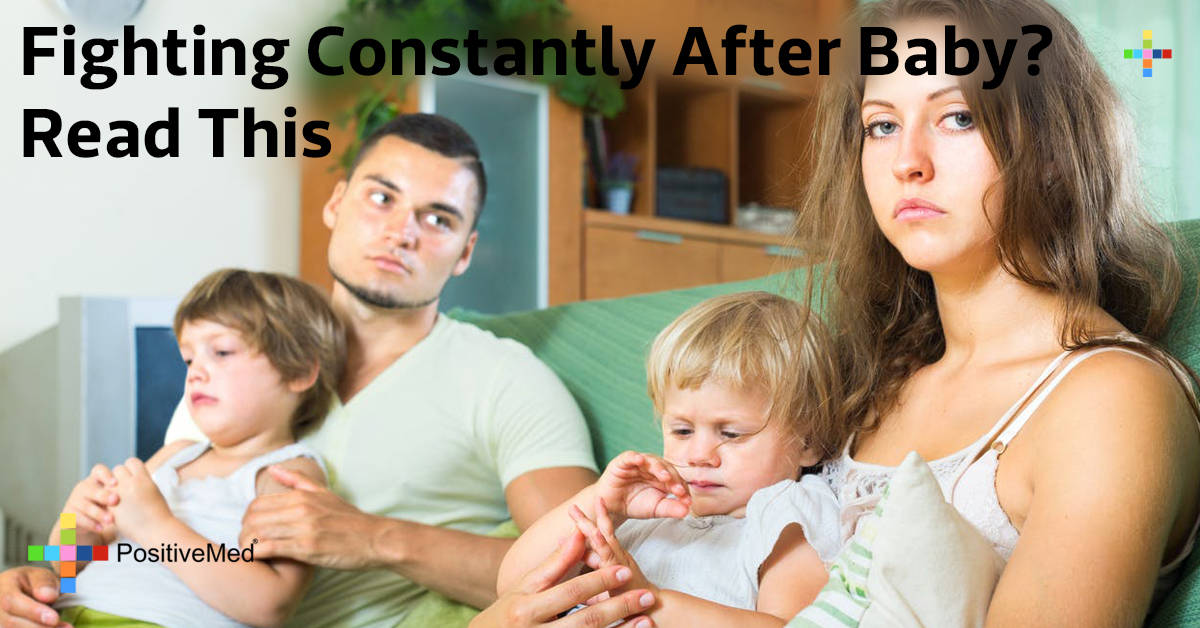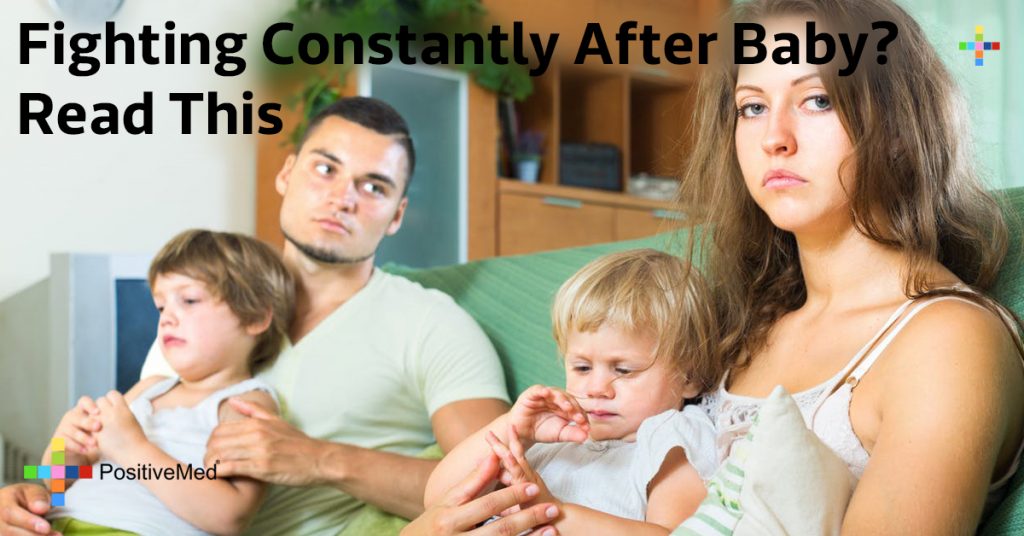Having a baby tests your relationship like no other. While most people would love for parenthood to bring them closer than ever, the truth is that raising a child is a major growth period that can reveal surprising things about your partner. Maybe you didn’t discuss certain things before having a baby, and now you’re fighting all the time because you can’t find common ground.
With a little one to take care of, fighting can make every day more exhausting and take away from your child. Babies are sensitive and emotionally perceptive; it’s important to find a healthy way to resolve your new parenthood conflict so you can create a happy environment for you and your baby.

Marriage Quality Decreases After Children
Finding your soulmate and starting a family is a common dream that many people share, but the reality is that many couples grow apart and struggle to maintain a happy marriage after children enter the picture.
According to a 2011 study, 67 percent of couples are less happy in their marriage after having children. Babies themselves aren’t to blame; new parents have less time for each other, and they’re more prone to fight instead of work together to resolve conflict.
Emotions Change After Parenthood
You may not be happy right away after having a child, and it’s okay to release the guilt that comes with that. Postpartum depression affects one in seven new mothers, which can put a significant strain on their relationship.
Parenthood has to be equally divided, and mothers often feel like they’re given a second job after their newborn arrives. If a partner goes back to work right away, then the new mother is left at home to care for an infant by herself. This only perpetuates the feelings of loss, sadness and isolation that can accompany postpartum depression.
The key is to be open and check-in with your partner regularly. Every night, you should spend time together that involves direct conversation. Sitting in front of a TV or scrolling through your phones in bed isn’t quality time; you must reach out to one another and schedule time to be together.
Life won’t be as spontaneous as it was before you had children, but that doesn’t mean you can’t still spend time together or share your feelings.
Let Go of Expectations
Parenthood is a journey. No one is going to be the perfect mother or father, and mistakes will be made. Openly discussing your values and parenting plans together before your child is born is great, but there are still going to be plenty of bumps in the road along the way.
Be willing to listen to your partner and compromise. Mothers are especially hard on themselves, bottling up their emotions and exploding later because they are tired, stressed and overwhelmed.
It’s okay not to have it all together. You and your partner should rely on one another. You’re not just parents – you’re partners in life. Respect and a desire to understand, not to prove yourself right, should always be at the forefront of your interactions.






